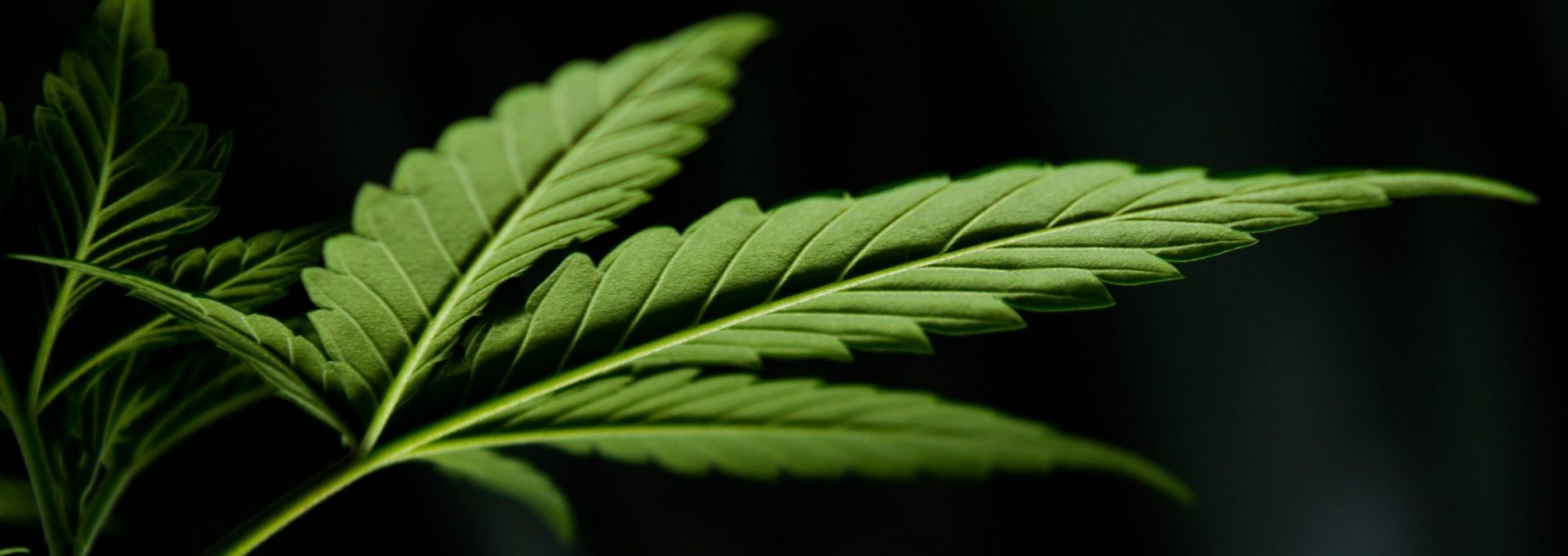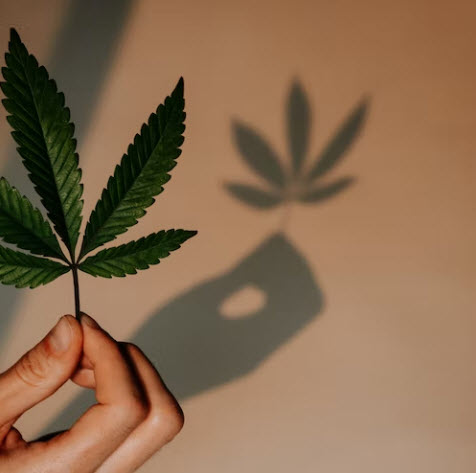Cannabis stocks have been on a wild ride of late, pumped by the same group of Redditers who gave the hedge fund industry a run for its money over Gamestop. But is this anything new?
For those who have been fascinated by the impact of social media on equities of late, particularly of firms of great interest to “retail” investors, Thursday’s dramatic drop in publicly traded cannabis firms sounds familiar. Indeed, it appears that the recent runup in price of stocks from Tilray, Aurora, Aphria and Canopy Growth was driven by the same Reddit group – WallStreetBets.
The rally appeared to run out of steam late in the second week of February, in part because of course there is nothing inherently more valuable this week about the industry than there was last week, or even last month. Nor is there any sudden new development to write home about, except perhaps the start of public trading of cannastocks in London. And while the overall vertical is suffering from a chronic lack of production, that is not going to be solved by investing in the company stocks of the leading cannabis companies.
Further, the dramatic, short term increase in the vertical is also really nothing new. Volatility in the industry’s stock price has been a feature of the industry for the last several years. Most of this is caused by dramatic hyping of new “events” if not developments, particularly legislatively, that have nothing to do with reality.
Yes, there is a need for equity to flow into the industry. But not via this means.
Pump and Dump Mania As A Feature of Pandemic Boredom
Every crisis is an opportunity for someone. And right now, bored, housebound investors are playing. They are dabbling with bitcoin (also seeing stratospheric increases, particularly after Elon Musk’s mammoth investment). Ditto Gamestop. And of course cannabis was going to be included.
However, there is absolutely nothing right now, including Brexit and changing regulations about the production of the plant in regions like Europe, that should generate such great interest – much less is indicative of inherent value.
Indeed, given the risk involved, it would be far more prudent to invest in the actual production of a GMP facility (for example) if not regulated CBD farm.
However, the excitement and froth are not being driven by anything like rational or fact-based reality. And therein lies the danger of the current economic climate. Highly speculative industries, or even those that tend to draw the attention of short selling, daily arbitragers, eat themselves – they do not accumulate value or indeed return in the longer term.
While that is of course precisely the point of short-selling, in particular, that is not how industries are actually built. And right now, the cannabis vertical needs all the help it can get.
Cannabis Investment Funds
Part of the frustration of those who support the industry, even if it is playing online betting games with equities from any company, is that the industry has hit some big snags of late that have absolutely slowed longer term development. This includes the foot dragging on federal reform in the United States as well as the endless legal opinions and bureaucracy of the World Health Organization and regional agents like the European Union. None of the developments of the last year have been particularly earth moving.
Beyond that, of course, the Pandemic has also slowed the growth of the industry in critical places, from ex-im to certification itself.
And then of course, there are the dreams of “making it” big at a time when economic stability, for most, is an increasingly elusive dream.
None of these things does a cannabis company much less industry make. Indeed, until and unless the industry is a bit more decommoditized, it will have no chance of really putting down roots and growing. And while it is exciting, for example, that cannastocks can now be listed on the London Stock Exchange, this does also not a panacea create. See the trials and tribulations of every public cannabis company stock on the Deutsche Börse in Frankfurt for the last several years (as an example).
What might help make the industry a bit less volatile is the creation of a public-private partnership to raise money for sustainable projects. Of course, those are not as “exciting.” Even if they are, in the end, the way the entire industry is actually evolving.
Indeed, the commodification of both food and medicine is a topic that will increasingly be in the fore as the world recovers from the Pandemic and faces the overarching threat of Global Warming. If not “The Next One.”
Be sure to check out the new book, Green II: Spreading Like Kudzu, the inside story of the first German cannabis cultivation tender, which discusses the historical securities issues of the cannabis industry and its impact on overall growth.








